PNNL team develops least costly to date carbon capture system with conversion to methanol
Green Car Congress
JANUARY 24, 2023
Researchers at the Department of Energy’s Pacific Northwest National Laboratory (PNNL) have created a new system—the least costly to date—that efficiently captures CO 2 and converts it into methanol. The new PNNL carbon capture and conversion system brings the cost to capture CO 2 down to about $39 per metric ton.


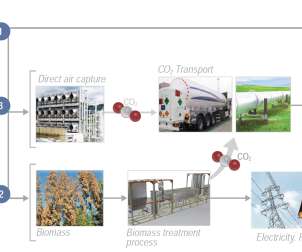
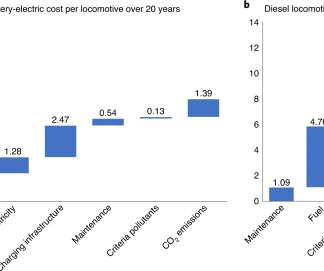
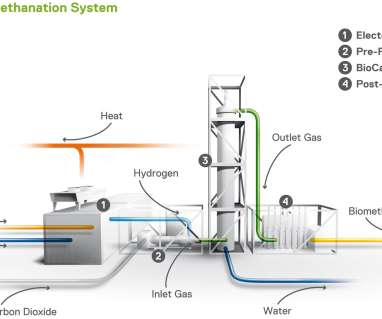

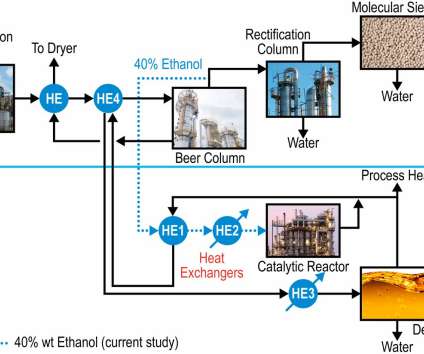
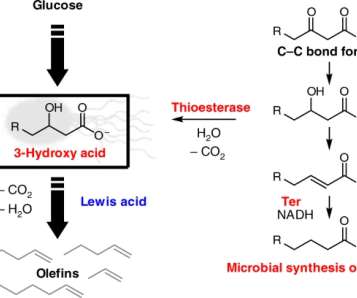






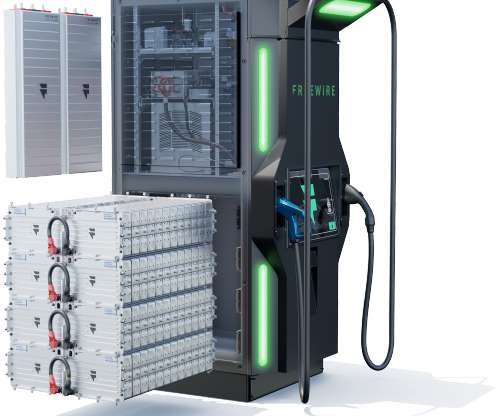

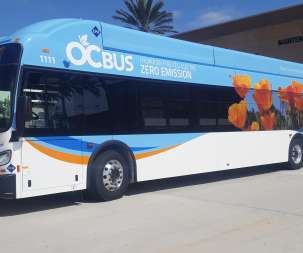

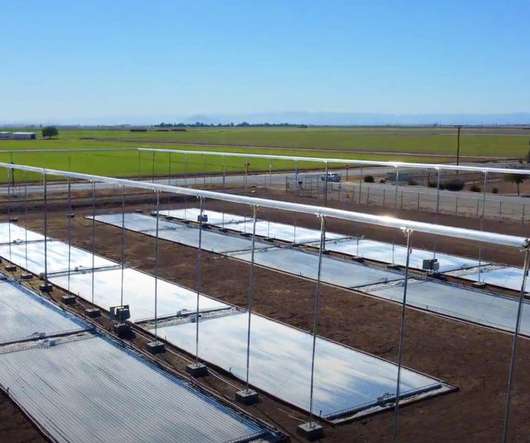

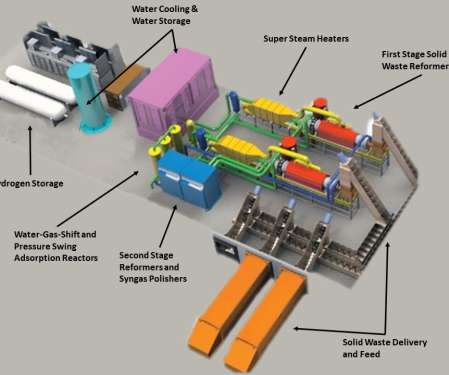





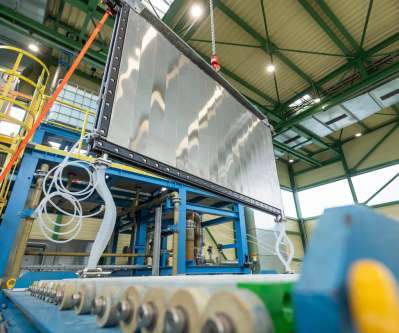















Let's personalize your content